Last Saturday, Mizuno Ekiden 2016 runners gathered at The Promontory @ Marina Bay for a 5km/10km run around the scenic Marina Bay area, followed by a short talk on Nutrition and how it affects running performance. This was the last running clinic organised before Mizuno Ekiden 2016 takes place in the evening of 16 July.
The 10km Run
The clinic had started at 8.00am on Saturday morning. After a few minutes of dynamic warm-up exercises, we were ready to run. I selected the 10km route and followed the pacers, who were from the Team RunFanatics. We ran from The Promontory @ Marina bay towards Gardens by the Bay and the Marina Barrage, before making a U-turn.
The route had also included stairs to the bridge leading to The Float @ Marina Bay before returning to the starting point.
The stairs were okay yesterday but they may slow down and frustrate some runners during an actual running race.
It was a good and scenic run and the weather was fortunately quite good to us. And it had not been as hot as I had otherwise feared.
I later heard that the 5km runners had a simpler route. They headed from The Promontory to the Satay by the Bay food court before subsequently returning to the starting point.
During the run, some runners also had the chance to try out one of the Jabra sports earphones and I did too. While I thought the quality of the sound was quite decent, my biggest concern was that the earphones kept on falling out of my ears! So I was constantly pushing them back in, throughout the run.
According to Jabra this was probably because the earphones had not been fitted properly – it also did not help that my ears are a little bit on the small side too!
The Talk on Nutrition
After the run we then did some cool down and stretching exercises before proceeding to the talk on Nutrition. This had been conducted by Coach Shathik Magutom, who is one of the coaches for the athletes at Team RunFanatics.
According to Shathik, having good nutrition helps to improve performance on race day.
While people would consume carbs during the peak of their training sessions to replenish their depleted fuel stores after a workout, Shathik pointed out that as a race draws nearer, most runners will start tapering yet they may still be eating just as much, or even more, carbs as they normally would. This is a common practice known as Carbo Loading.
But according to Shathik, excess carbs will convert into fats in the body. This may make you feel sluggish – which is the last feeling that you will want during a big race.
So Shathik instead recommends that athletes such as runners, should reduce their carb intake for every kilometre less that they are running during the tapering stage. He said, “For every kilometre of running that you take off, you should minus 100kcal of carbs from your diet. Otherwise you will be eating way too much.”
Main types of carbs
The two main types of carbs are refined and complex carbs, according to Shathik. Refined carbs include white bread and cereals and they will digest quickly and easily to give you energy on race day.
Complex carbs include brown rice and whole grain bread and while these take longer to digest, Shathik adds that they should be a part of an athlete’s daily diet as they contain nutrients such as Vitamin B, iron and fibre, to boost the body system and daily functions. As well you will feel less hungry and thus less likely to snack, at the same time. The Coach strongly recommends having complex carbs.
Other food groups are also important
But while carbs are important, Shathik stresses that it is important to get food from all other food groups, including proteins, fats, vitamins and minerals, for our system to be balanced.
He said, “When you eat fats, you are slowing down the sugar spike from your carb intake. Fats also contains cholesterol, both HDL and LDL. The bad LDL clogs the arteries, while the good HDL helps to reduce the LDL.”

Fats and proteins from fish and vitamins and minerals from vegetables are important for a healthy body.
Some other benefits of having good cholesterol (HDL) are that it balances the hormones in the body which may help to reduce the risk against heart disease and cancer, as well as helping in the repairing of damaged cells and tissues say after a workout session. Good cholesterol also helps in the growth of the brain, immune system and the nervous system – according to the coach.
For athletes, proteins are also an important food group to regularly include in the diet – to keep the heart pumping and to aid in the growth and repair of the muscles after exercising.
According to Shathik, leisure runners should, on average, consume 0.8 to 1.0 g/kg of their body weight in proteins and for serious athletes, they may require 1.2 to 1.4 g/kg of their body weight.
But exactly how much proteins are contained in various types of foods though? According to the coach, one fistful of nuts contain 2 to 3 grams of proteins and an egg white has 7 grams of proteins in it. A fist-sized chicken breast contains 10 to 12 grams of proteins.
On average, Shathik generally recommend runners to consume three palm sizes of carbohydrates per day when training and two during the off-season. For proteins, fats and minerals, these should be one palm size each when training as well as during the off-training season.
Hydration is important too
Shathik’s colleague, Shanmugam Subramaniam, who is affectionately known as Coach Sham, also stressed that besides food intake, hydration is also important for runners.
But he said, “If you drink too much water during a race it will cause discomfort in the stomach and that will affect your running performance. So even though hydration is a good thing, do not overdo it.”
Sham also added that though the common belief is to go to sleep early before a race, he feels that runners should not try and force themselves to sleep if they are simply not tired at all. He said, “The best thing is to know your own sleep pattern and how your body will function.”

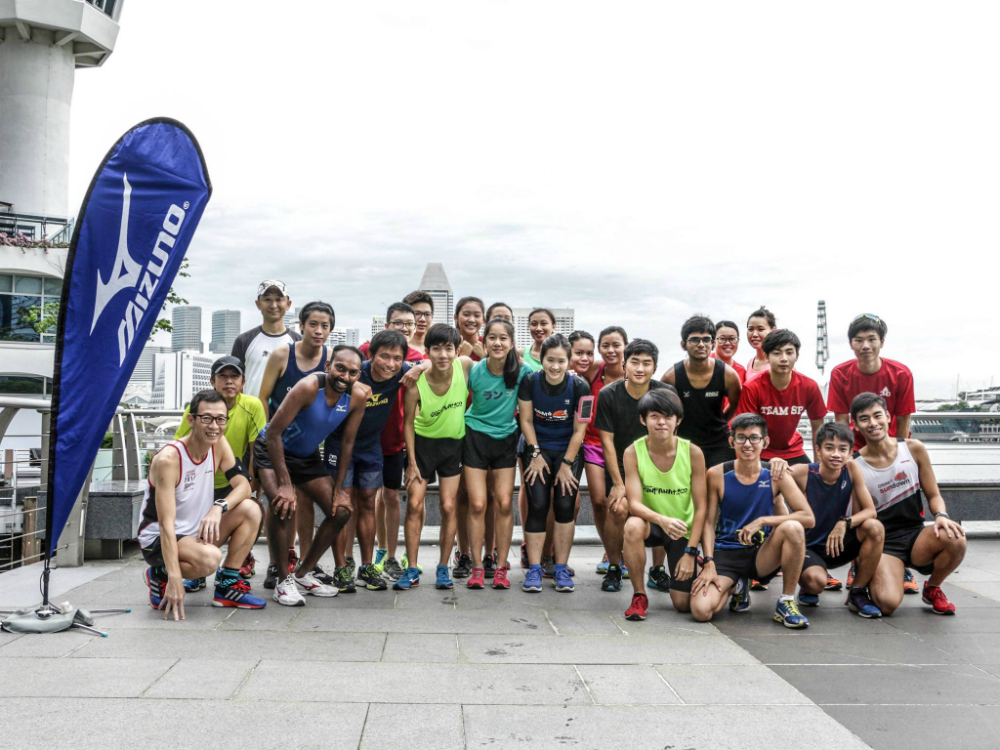
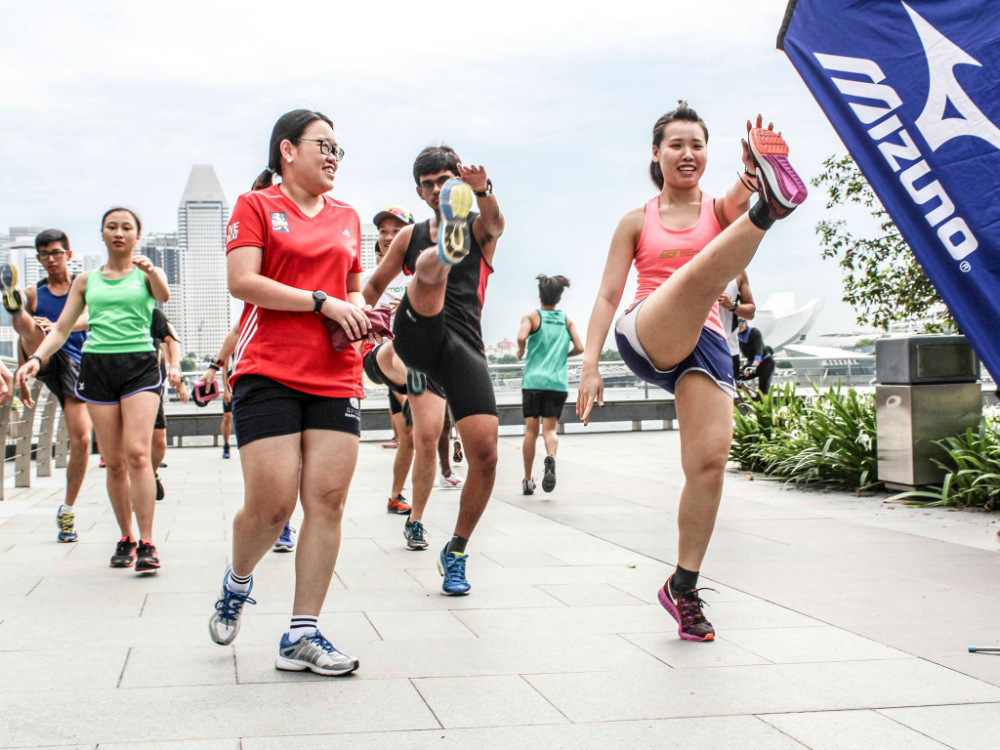
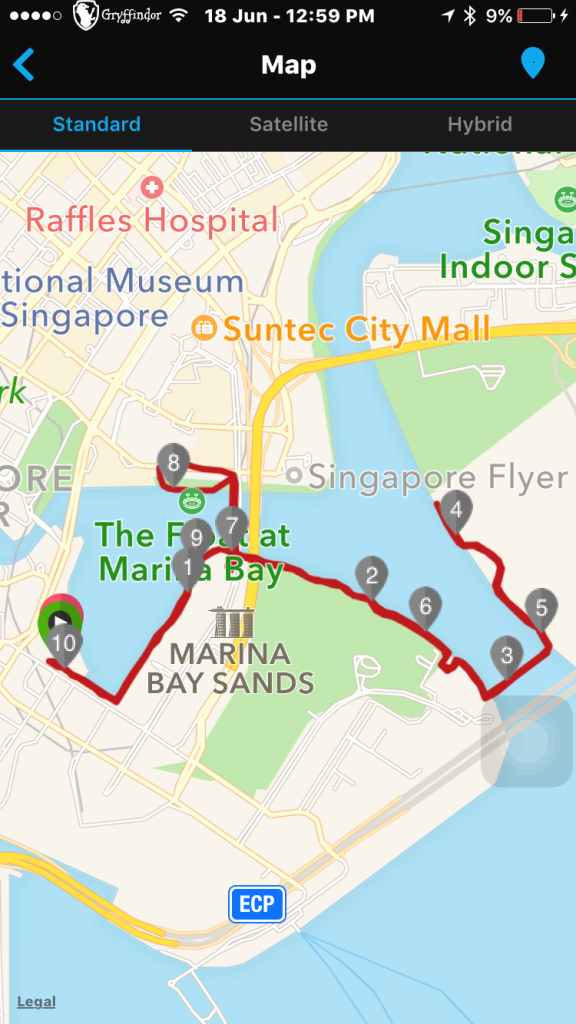
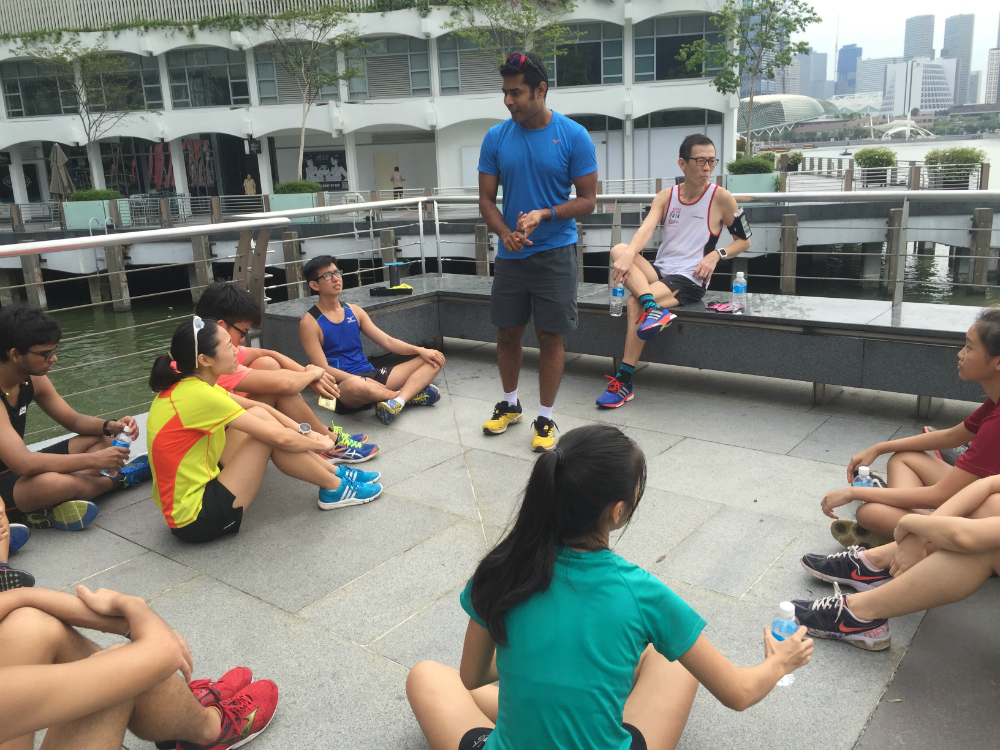
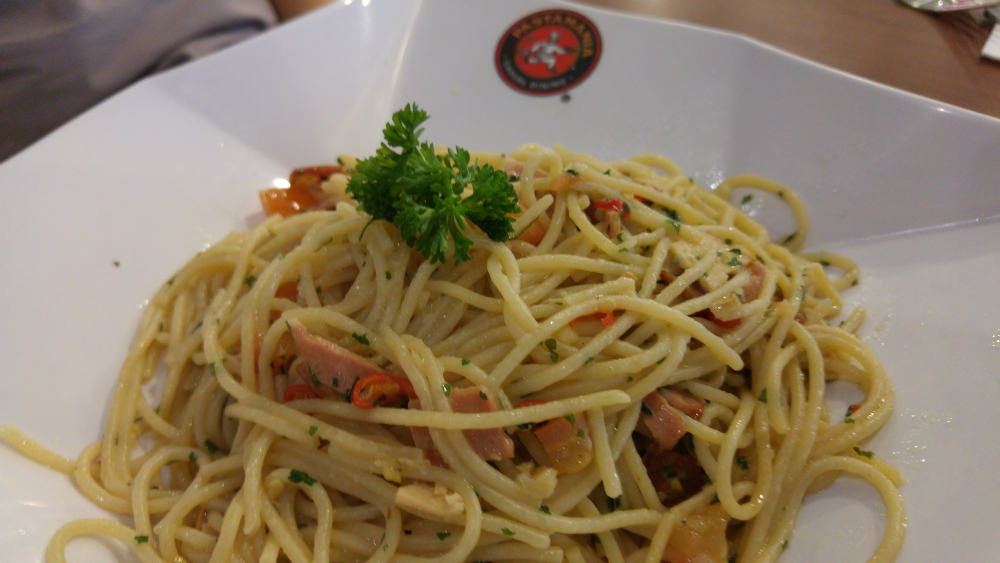
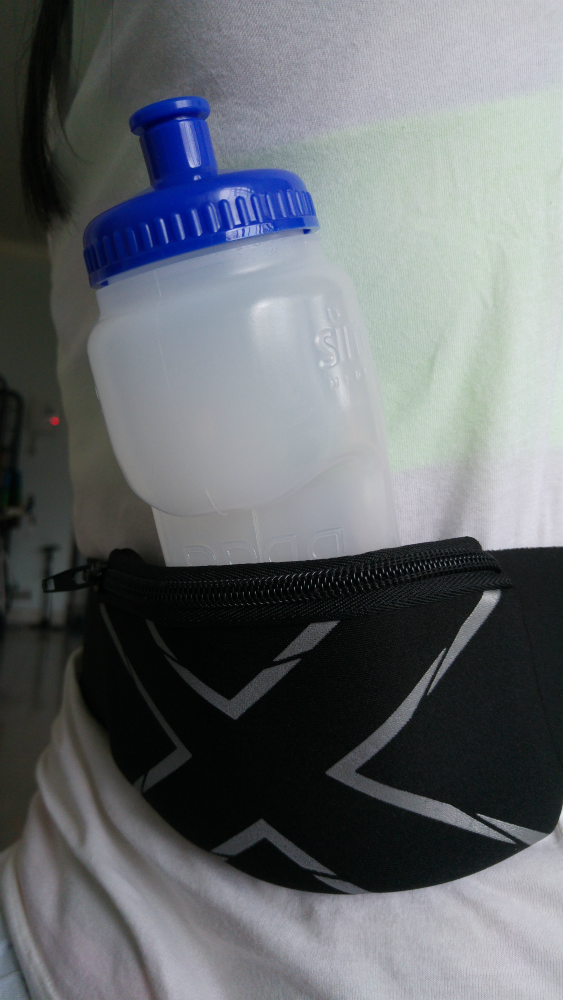
Leave a Comment